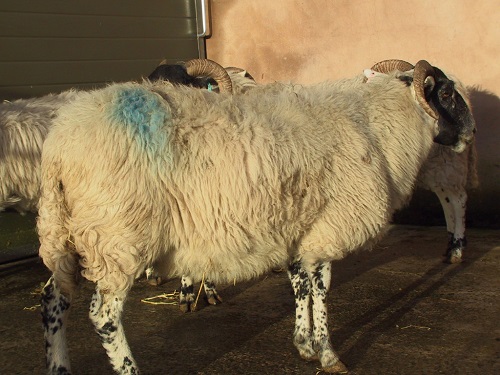Ovine Johne’s Disease
Ovine Johne’s Disease (OJD) was first described in 1985. OJD is a condition caused by the bacterium “Mycobacterium avium spp. Paratuberculosis” (MAP). Johne’s is a condition which affects all ruminants, although not in the same way. OJD is a chronic condition which is responsible for causing a reduction in productivity, immunity and fertility. Research by the University of Glasgow also indicates that mortality rates are significantly higher (4-12%) within infected flocks in comparison to healthy flocks (1-2%). There is no perfect test to diagnose Johne’s in a live animal – however, a licenced vaccine is available in the UK which can reduce both the severity of clinical signs and subsequent mortality rate.

Sign up to the FAS newsletter
Receive updates on news, events and publications from Scotland’s Farm Advisory Service
